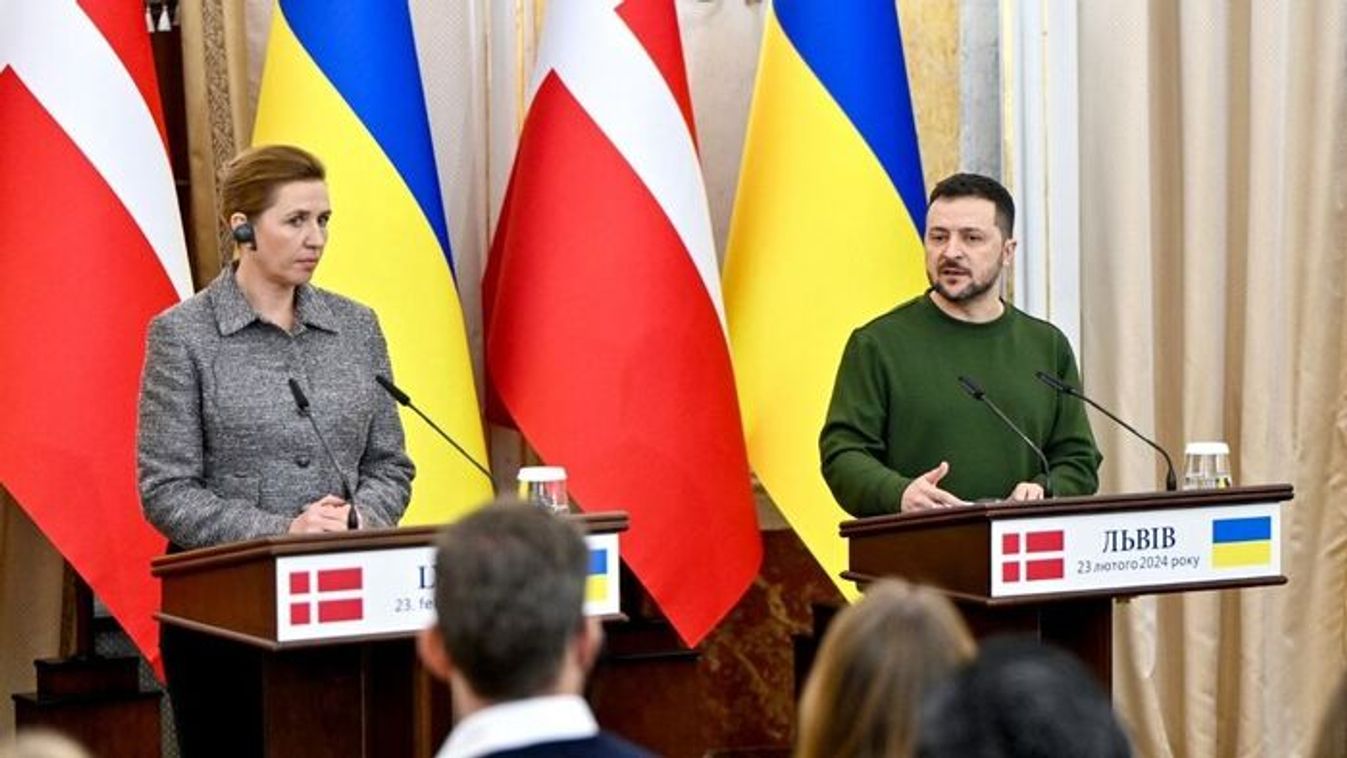Dániából üzentek hadat Magyarországnak – Ukrajna érdekében gyalázkodnak

Gond nélkül megfosztanának egy uniós tagállamot az őt megillető jogoktól egy háborúban álló ország csatlakozása érdekében.

Hungary has now said it will grant passports to Hungarian minorities in neighbouring countries – bringing the threat of ethnic confrontation back onto the European stage.
„Rich countries act from commonplace selfishness. Norway returns refugees to Greece - hardly in a position to take additional burdens right now - whilst Sweden sends Roma to Kosovo, where the lack of infrastructure means they end up in lead-polluted camps. In the meantime, Hungary has now said it will grant passports to Hungarian minorities in neighbouring countries –bringing the threat of ethnic confrontation back onto the European stage. Nobel Prize winner Andrei Sakharov identified hatred – and especially hatred created by government policy - as a great danger. This is why these examples worry me so much. Laws create a framework for community action, but they also shape attitudes…and at present, those attitudes are dangerously negative.
Multiculturalism is now a reality, but as Polish writer Ryszard Kapuściński pointed out, we need a well developed sense of our own identity to participate. Growing unemployment and marginalisation lead to people losing that identity and defining themselves in opposition to others. This creates a climate of xenophobia and antipathy against the most vulnerable groups, and is fertile ground for extremists to spread their message of hatred. This is what happened before World War II. This is why we have to sound the warning now.
The first step is to set in place a new social justice agenda. I know that this cannot be achieved through traditional legal human rights treaties and texts alone. But post-war history teaches us that bi nding legal obligations can pave the way by helping to shape new attitudes. One key test is Protocol 12 to the European Convention on Human Rights, prohibiting all forms of discrimination. This covers social rights and allows citizens to complain to the European Human Rights Court. If every country ratified this protocol it would be a welcome contribution to stopping negative trends – and a moment of great symbolism in the year when the European Convention on Human Rights celebrates its 60th anniversary.”